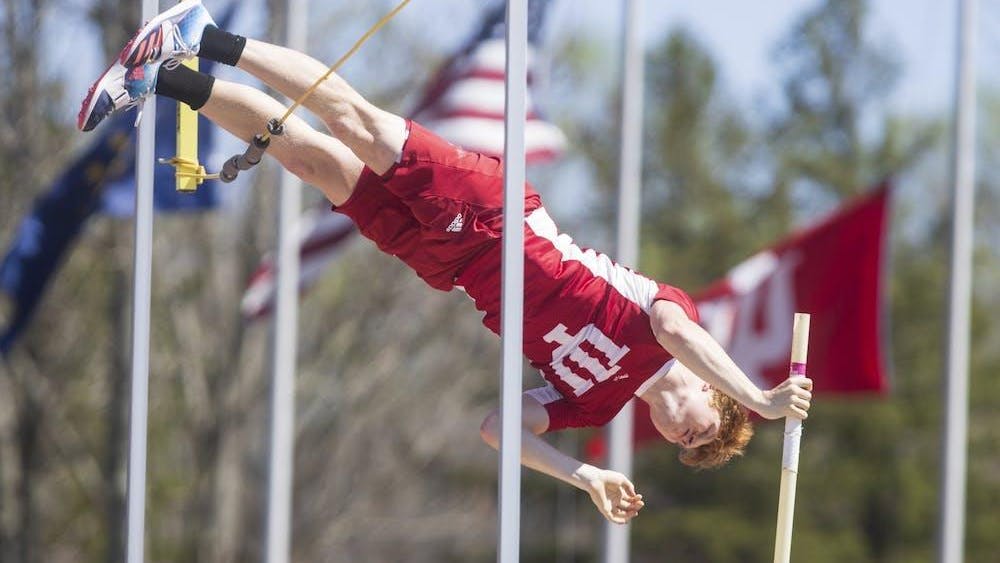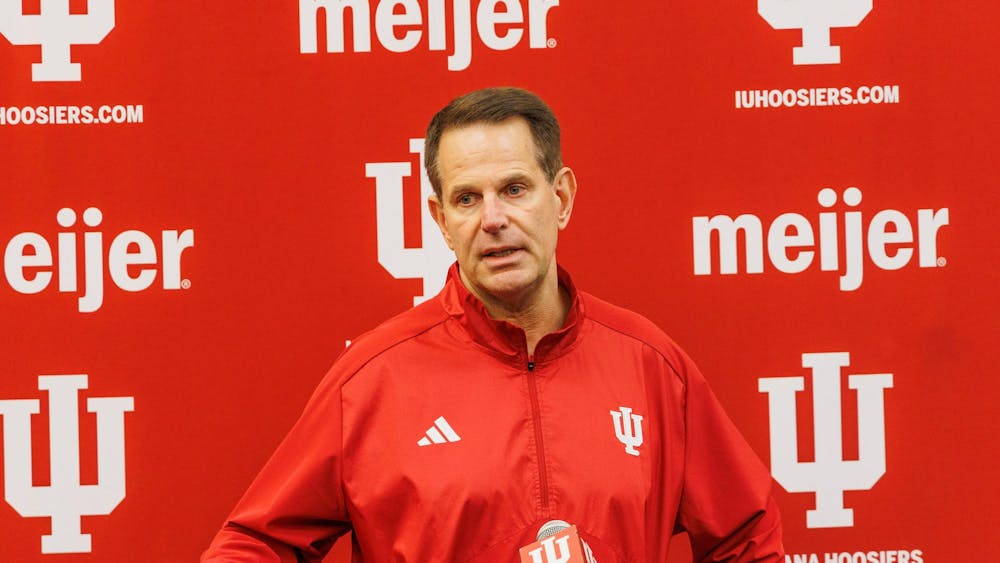When the IU Faculty Athletics Committee approved a new sexual violence policy for IU Athletics on April 12, it brought national attention to the new way IU selects incoming student-athletes.
The policy prevents any student-athlete found responsible for sexual violence at a previous college or high school from being eligible for financial aid or athletics at IU. This applies to incoming freshmen, transfer students, walk-ons or athletes of a different status.
IU Athletics describes the policy as “unique among individual NCAA member schools,” although IU Athletic Director Fred Glass said he wasn’t trying to be a trailblazer when crafting the policy.
“We did it because we thought it was important for the safety of the campus and for students in collegiate athletics to represent IU well,” Glass said. “We’re doing all we can do to attract IU collegiate athletes of whom everyone can be proud.”
Recent high-profile incidents at Baylor University and Vanderbilt University drew attention to sexual and domestic violence in collegiate athletics.
In particular, Glass said the incidents at Baylor were instructive in terms of knowing how to deal with sexual violence as an athletic director.
“A big lesson from that is you have to deal with issues through a University-sanctioned construct,” Glass said. “We made it very clear to our coaches, staffs and student-athletes that these things wouldn’t be handled inside athletics. We have to get it outside of athletics.”
The athletic coaching staffs at IU were only one type of perspective Glass sought in creating the policy. Glass also received outside input from IU’s Office of Student Welfare and Title IX and the Student-Athlete Advisory Committee to draft and implement the policy.
Glass said the head coaches of IU’s sports teams were very supportive during the process.
“In athletics, we have some experience with these issues, but it’s a broader problem,” Glass said. “It’s a problem on the IU campus and on campuses around the country.”
IU has the ability to create an individual sexual violence policy in part because the Big Ten does not have a conference-wide policy.
This differentiates the Big Ten from other NCAA athletic conferences like the Southeastern Conference, which in May 2015 passed a rule banning its schools from accepting transfers who were dismissed from their previous program due to “serious misconduct.”
The conference defined “serious misconduct” as “sexual assault, domestic violence or other forms of sexual violence.”
Glass said he would be in favor of a Big Ten ban similar to the SEC’s, although the Big Ten has concluded it should be an institution-by-institution decision.
“Our policy goes beyond the SEC’s,” Glass said. “But the SEC deserves credit for starting the ball rolling.”
The new IU policy includes an appellate process for those found in violation. According to the policy, “a panel consisting of the University Title IX Coordinator, University General Counsel, and University Faculty Athletics Representative” would conduct a “review of all pertinent facts available” before ruling on appeals.
Glass said it was important the policy provides due process to the greatest extent possible for the accused.
“Sometimes there can be extenuating circumstances, and we are prepared for that contingency,” Glass said. “The panel of people come from outside the athletic department, so if there are exceptions made, they’re being made because of the case, not athletics.”
Glass said the policy is focused on incoming students at IU because a good process already exists for current student-athletes accused of sexual violence.
“The University has a specific policy of sexual violence and misconduct, and we have our own student-athlete code of conduct,” Glass said. “The process is well set out and is positive and progressive for students with accusations while here.”
With more than 700 student-athletes enrolled at IU, Glass said he knows issues will arise, and the policy serves as a way to prevent people with red flags from entering IU’s athletic programs.
“We aren’t going to stick our head in the sand to avoid warning signs,” Glass said. “IU Athletics is committed to protecting all members of the IU community.”






